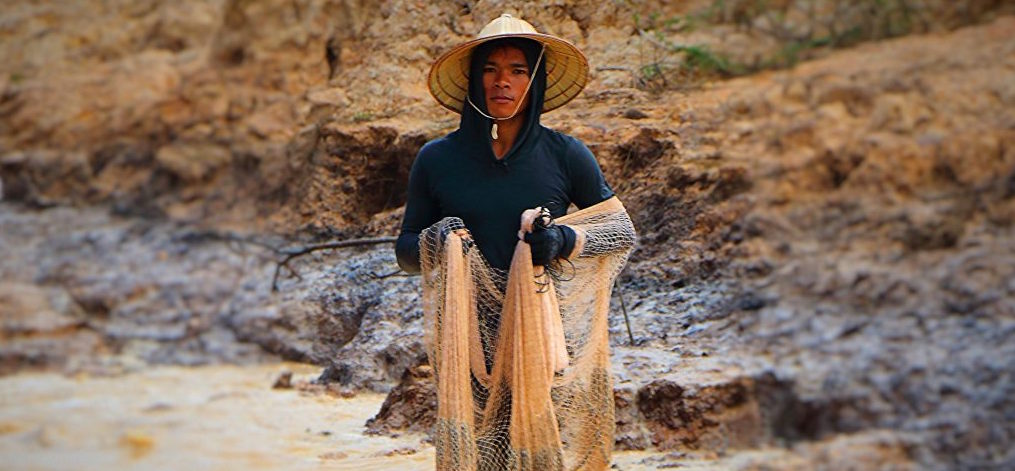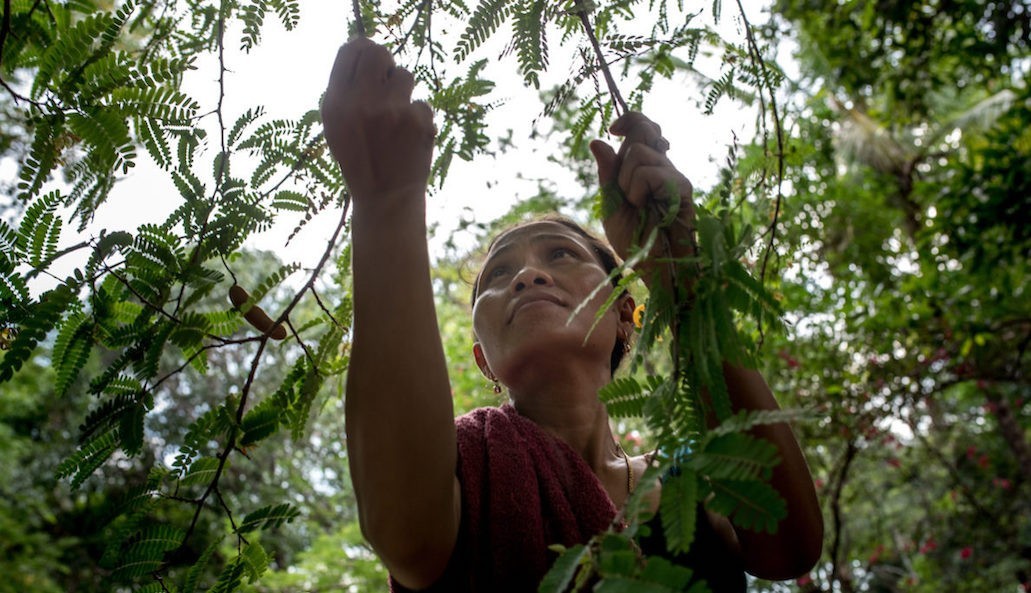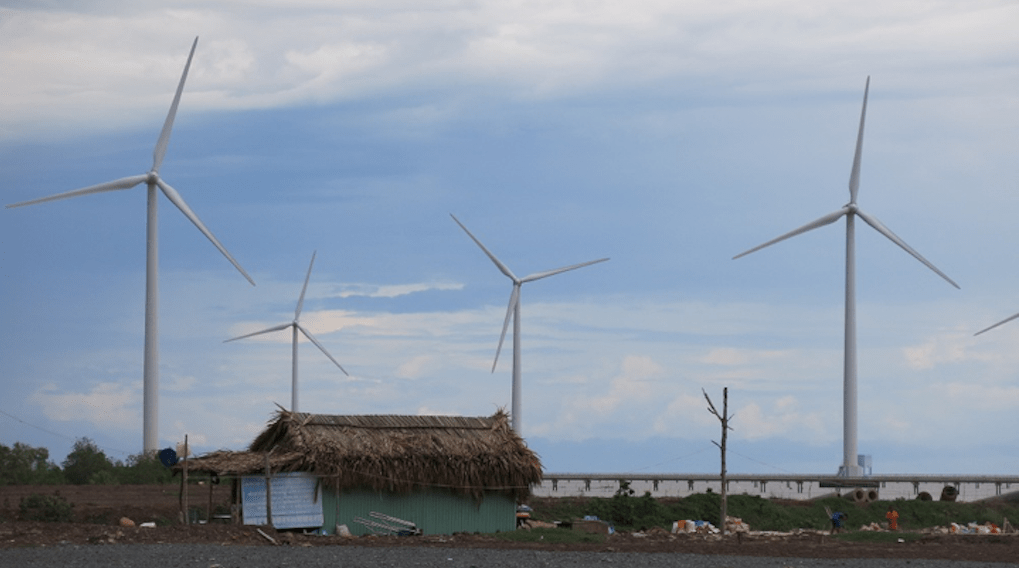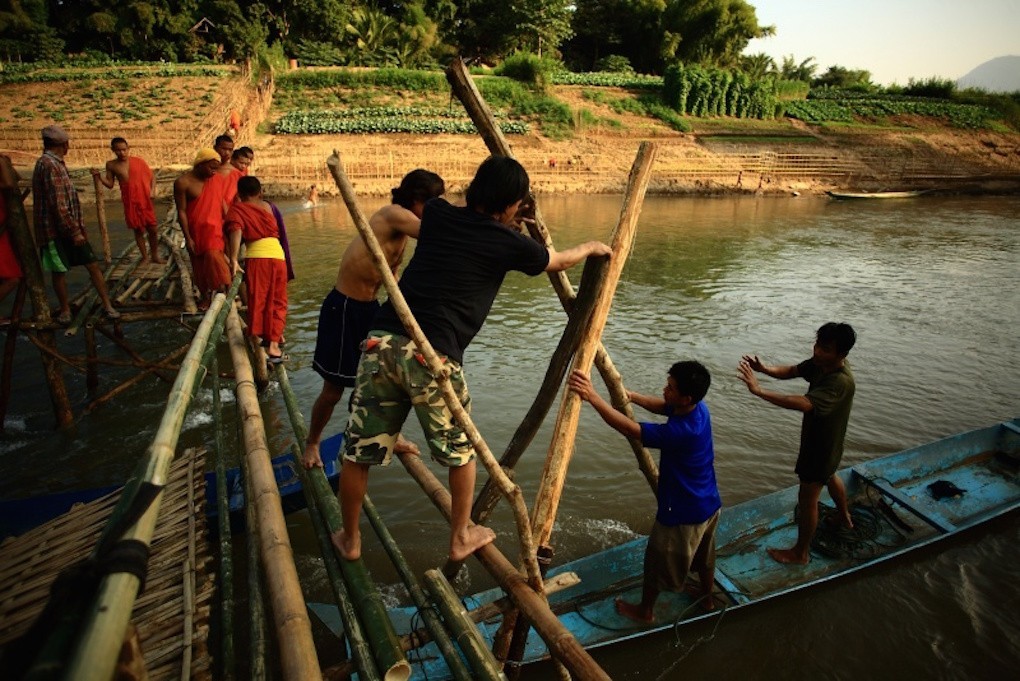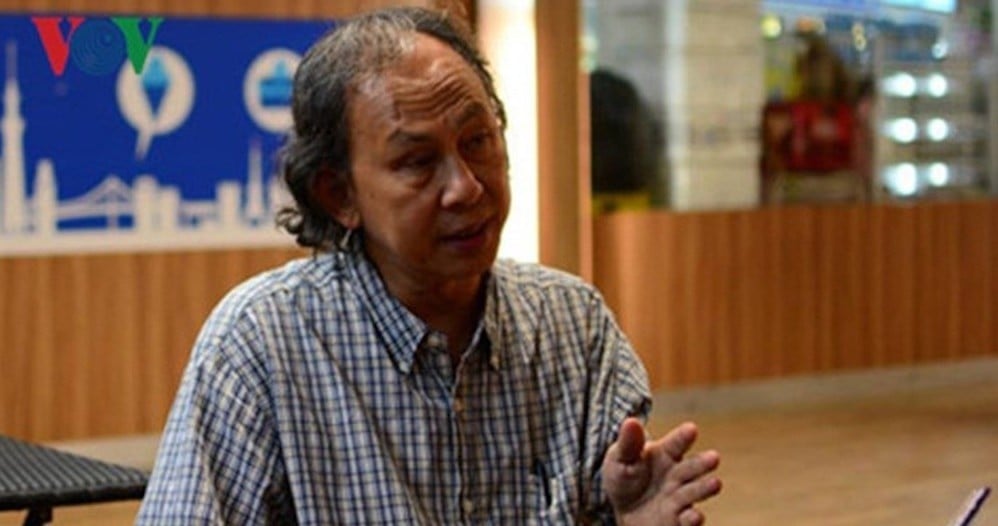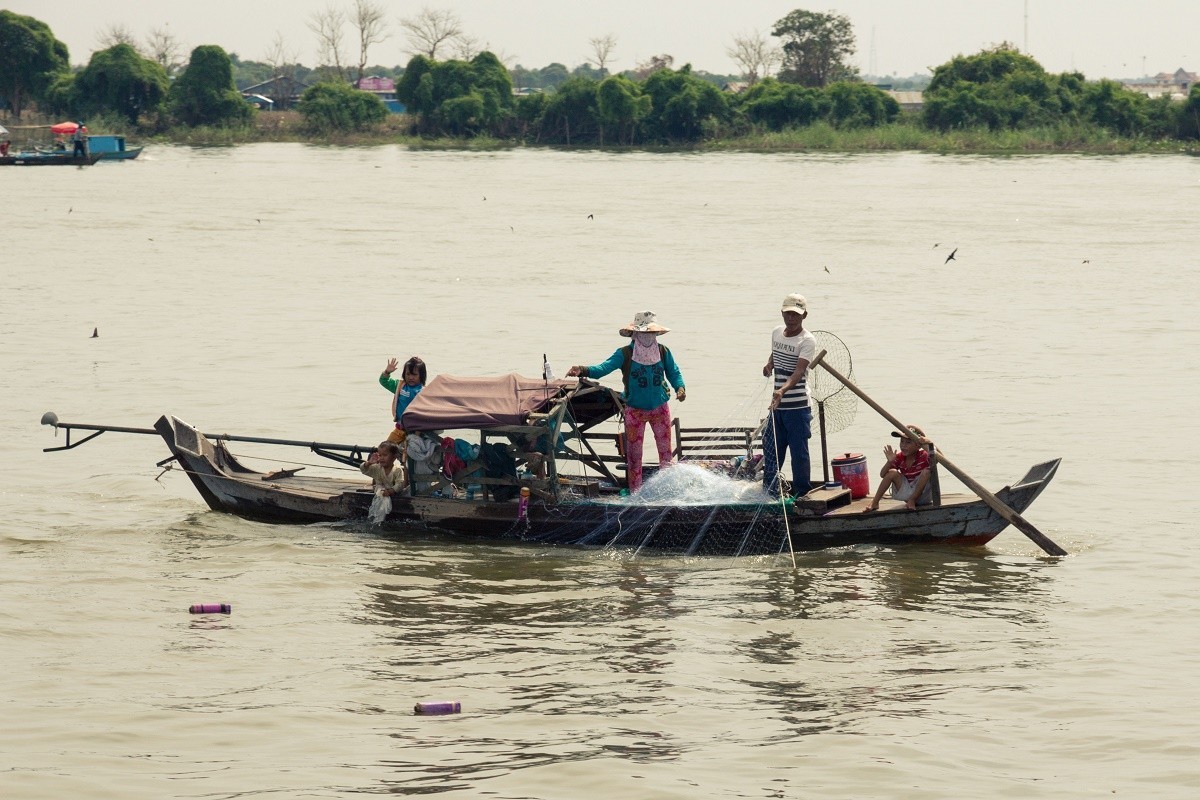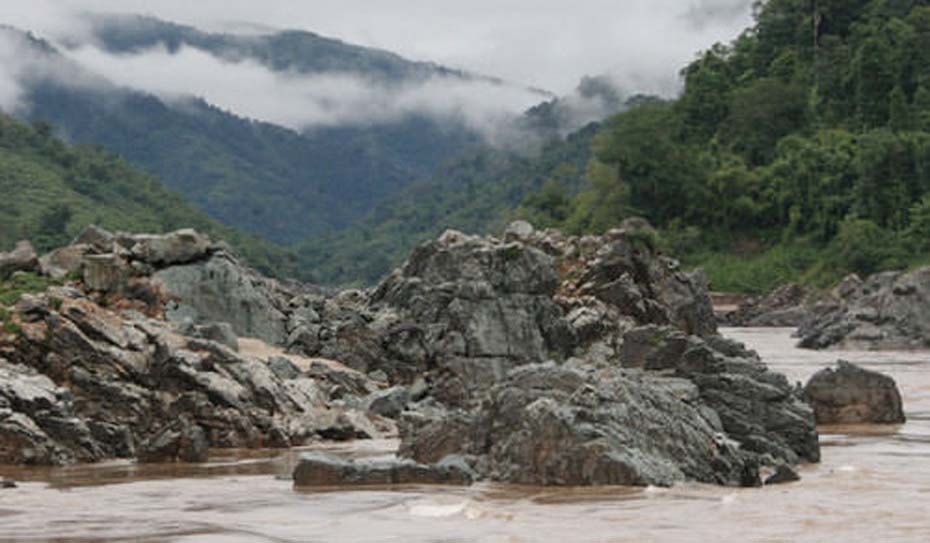Large dams on the Mekong River in China’s Yunnan Province have considerable impacts on downstream river flows, new research by myself and colleagues at Aalto University in Finland and published recently in the Journal of Hydropower has shown.
Category: Cambodia
Before the Flood: can the Bunong culture survive Cambodia’s Sesan II dam?
At a time when much of Cambodia is developing at a breakneck speed, where smartphones and BMWs have become almost as ubiquitous on the streets of Phnom Penh as saffron-robed monks, the village of Kbal Romeas inhabits a world apart. Tucked deep into the jungles of the country’s untamed northeast, the village has no convenience stores, streetlights, or paved roads. Instead, a visitor would be more likely to find a stretched snakeskin nailed to a piece of teak, drying in the midday sun as a testament to the animist beliefs of the people who live there.
Ambitious Green Energy Plans in Vietnam and Cambodia proceed at snail’s pace
During the 2016 United Nations Framework Convention on Climate Change in Marrakech (COP 22) Vietnam and Cambodia professed their commitment to do their part to reduce CO2 emissions. Noting that they are both on the front lines globally in facing impacts from a warming atmosphere, the two neighbors agreed to transition their entire electricity generating portfolios to renewables.
Troubled Wings: 7 Birds We May Lose From The Mekong
Much attention has been given to damages that are being inflicted on Mekong fish by massive infrastructure development. But little has been said about another of the region’s most valuable ecological assets: the spectacular birds of the Mekong.
Beyond Sustainable Development for ASEAN
In view of various climate change phenomena, how can economies develop sustainably? Specifically, can economies grow while giving equal consideration to the tri-nexus of economy, environment and society? It is a question confronting policymakers in Southeast Asia on a recurring basis.
Asean at 50, and Beyond
Asean is 50 years old this year. It is a true milestone for a loosely constructed regional organization created by five countries at the height of the Cold War to have come this far. Since its conception, its member countries have transformed Asean into a rules-based entity encompassing all the countries in Southeast Asia.
Veteran Cambodian Journalists Mentor Local Reporters on Environmental Journalism
More than a dozen local journalists from Cambodia’s northeastern provinces attended a short workshop on news gathering and writing skills conducted by two veteran journalists in Stung Treng on January 9, 2017. Mr. Moeun Chhean Nariddh, Director of the Cambodia Institute for Media Studies (CIMS) said part of the workshop was to inform local journalists of the official launching of CEJN and the importance of the role of Mekong journalists in reporting about the environmental impact on the Mekong River.
Cambodian Communities Complain Illegal Fishing Damaging Livelihoods
In this video, community leaders at Kampong Khleang in the Tonle Sap Lake, expose to us (Scientists for the Mekong) the corruption of authorities receiving bribes and allowing illegal fishing by Vietnamese ‘trawlers’ on the Lake, plus the impacts on their own livelihoods.
Bad year for human rights activists in Asean
ACTIVISTS across Asean faced serious threats from authorities, powerful people and corporates during 2016, highlighting the lack of human rights awareness in the region, rights campaigners said.
This year has been a tough one for activists who campaigned in various fields in the region, with instances of murder, forced disappearance, threats, and legal prosecution.
Spare the Mekong
The Prayut Chan-o-cha government made an out-of-the-blue decision that paves the way for the demolition of the Mekong River’s rocky outcrops for the sake of “improved waterway navigation”.
The justification offered is both weak and unjustified. The public was neither consulted nor informed while the well-being of the ecology of the world’s tenth longest river is at risk. And the party gaining the most significant trade benefits will obviously be China.


